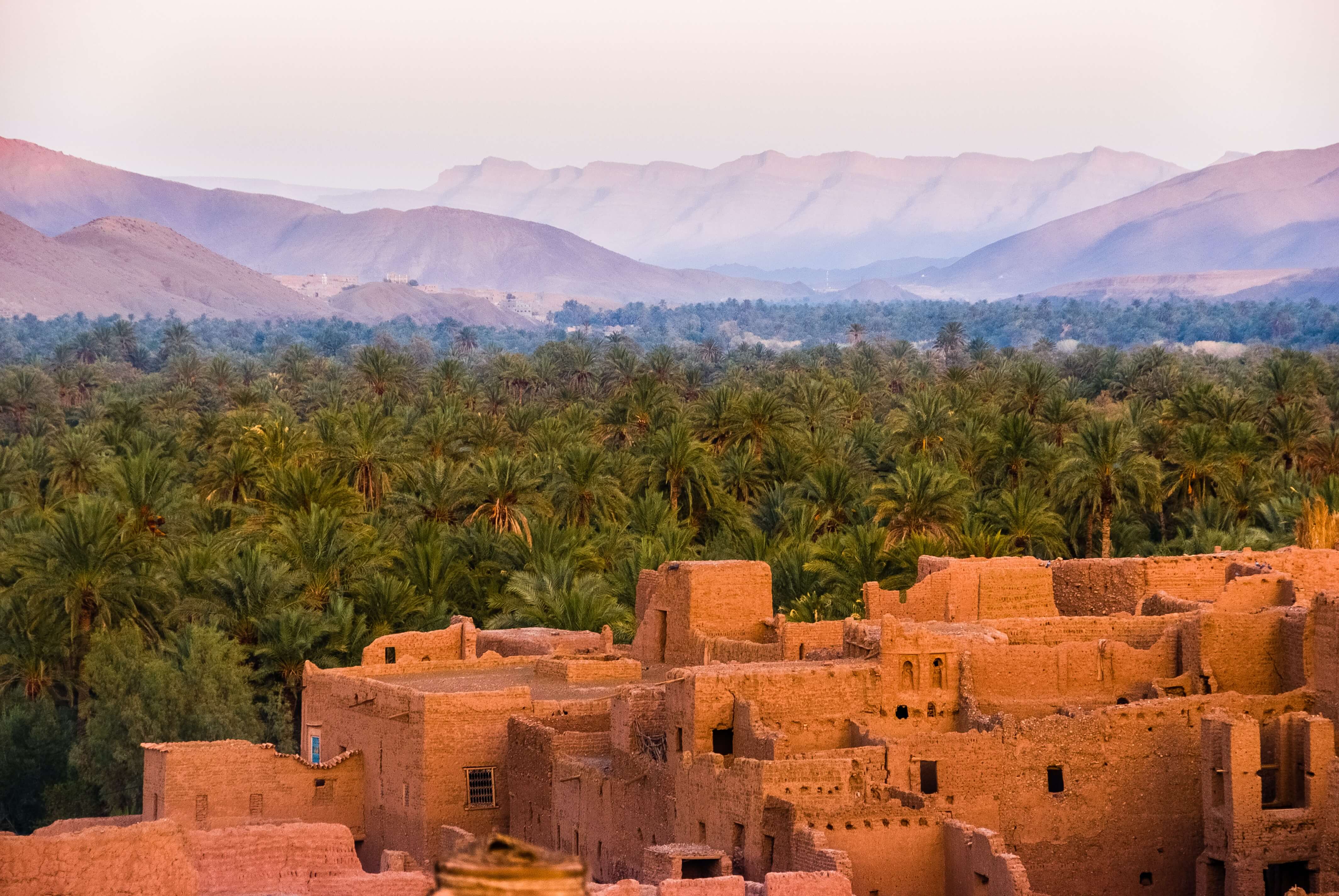In a move that builds on the Abraham Accords, Israel and Morocco have joined hands to bring a consortium of four food-tech startups to the Moroccan Sahara. Under the agreement, Halman-Aldubi Technologies will lead the Israeli delegation in a partnership with Morocco's leading university, the Mohammed VI Polytechnic University (UM6P), to boost food production in the region. The project aims to provide protein consumption for ten million people, and Israeli companies will bring their expertise in various areas of the food-tech sector to the table. This includes SEAKURA's technology for growing high-protein algae, FREEZEM's hi-tech process of generating protein from insects, SHR Group's AI-based system for separating organic and non-organic waste, and Celitron R&D's focus on producing pure protein from organic waste.
Morocco's Ambitions in Food Tech and Agtech: Modernizing Agriculture and Increasing Food Security.
Morocco has ambitious plans to invest in food tech and agtech to modernize its agricultural sector and increase food security. The country has already made significant progress in this area, establishing several innovation hubs and launching initiatives to promote the development of agtech startups. The government has also implemented policies to support the adoption of new technologies and increase the efficiency of the agricultural supply chain.
Morocco's investment in food tech and agtech is driven by the need to address several challenges facing the country's agriculture sector, including water scarcity, climate change, and a growing population. The country has a long history of agriculture and is known for producing crops such as citrus fruits, olives, and vegetables. However, the sector has been facing increasing pressure in recent years. In addition, climate change and water scarcity have also made producing enough food to meet the populations needs more challenging.
To address these challenges, Morocco is focusing on developing new technologies and innovative solutions to increase the efficiency and productivity of its agricultural sector. The country has made significant progress in this area, launching several agtech initiatives and establishing partnerships with international organizations and tech companies. As a result, Morocco is poised to become a significant player in the global food tech and agtech industry in the coming years.
Morocco Normalized Its Relations With Israel As Part Of The Abraham Accords
Normalizing relations between Israel and Morocco as part of the Abraham Accords is a significant development in the Middle East. It marks a major shift in the region's geopolitical landscape, which deep-rooted conflicts and tension for decades have characterized. The agreement provides a framework for cooperation between the two nations in areas such as tourism, trade, and security. The normalization of relations is expected to result in increased economic, cultural, and diplomatic ties between Israel and Morocco.
The international community has widely welcomed the agreement as a step towards regional stability and peace in the Middle East. The normalization of relations between Israel and Morocco is hoped to encourage other Arab nations to follow suit and establish diplomatic ties with Israel. The Abraham Accords have already resulted in several business and trade deals between the signatories, and the agreement between Israel and Morocco is expected to lead to similar opportunities.
Photo by Sergey Pesterev on Unsplash


